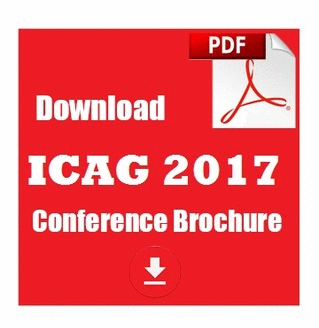
Deborah Lekan
University of North Carolina at Greensboro, USA
Title: Frailty assessment in hospitalized older adults using the electronic health record
Biography
Biography: Deborah Lekan
Abstract
Introduction: Frailty is a clinical syndrome of decreased physiologic reserve and dysregulation in multiple physiologic systems that are associated with increased risk for adverse outcomes.
Purpose: The aim of this retrospective, cross-sectional, correlational study was to characterize frailty in older adults admitted to a tertiary care hospital using a biopsychosocial frailty assessment and to determine associations between frailty and adverse outcomes including time to in-hospital mortality and 30-day rehospitalization.
Methods: The sample included medical inpatients ≥55 years at a tertiary care hospital (N=278) in the U.S. Frailty was determined using existing clinical data from the electronic health record for symptoms, syndromes, conditions, and laboratory data for four serum biomarkers. A Frailty Risk Score was created from 16 risk factors and relationships between Frailty Risk Score and outcomes were examined.
Results: The mean age was 70.2 years and mean Frailty Risk Score was 9.4 (SD, 2.2). Increased Frailty Risk Scores were significantly associated with increased risk of death (HR=1.77 to 2.27 for 3 days ≤ LOS ≤ 7 days) but depended upon length of stay (p < 0.001). Frailty was marginally associated with rehospitalization for those who did not die in-hospital (AOR=1.18, p=0.086, AUC=0.66, 95% CI for AUC= (0.57, 0.76)). The Frailty Risk Score may reflect complexity more than individual assessments of symptoms, diseases, or age; age was significantly associated with Frailty Risk Score (β= 0.039, t= 3.16, p = 0.002) but no longer significant in regression controlling for other variables, and higher risk of death was associated with increased Frailty Risk Scores, controlling for age, gender, race.
Discussion: Readily available data in electronic health records can be used for frailty assessment. Informatics may facilitate data aggregation and decision support. Because frailty is potentially preventable and treatable, early detection is crucial to delivery of tailored interventions to achieve optimal patient outcomes.

